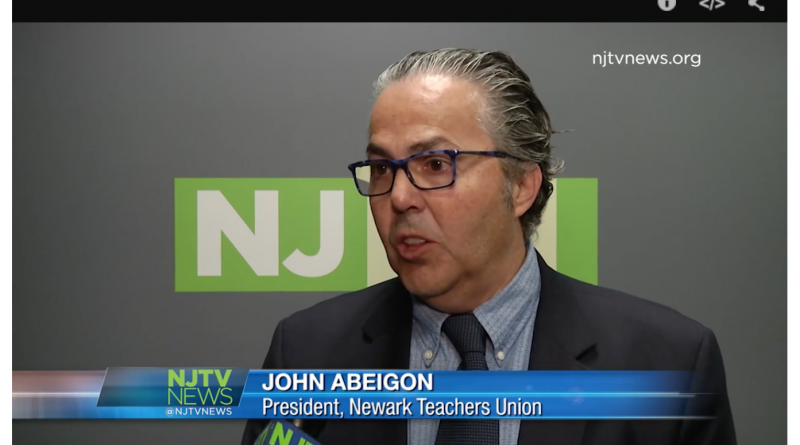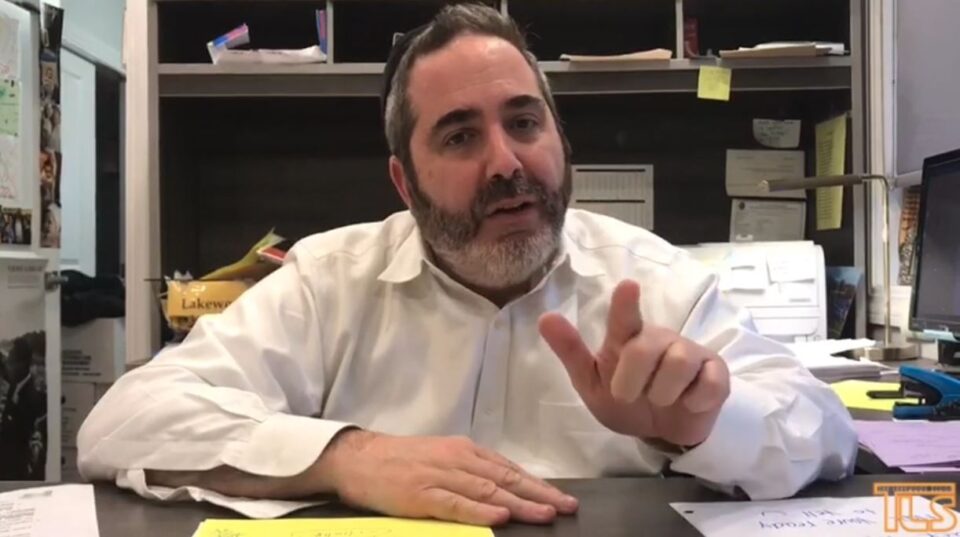Scandal in Montclair on Election Day: City Council Candidate Sean Spiller and NJEA Money
May 10, 2016New Column at The 74 on Newark’s April Surprise and the Rise of Charter School Parent Power
May 11, 2016QOD: Suburban Parents Need to Get Their Heads Out of the Sand
From the New York Times Editorial Board:
Affluent communities often assume that their well-appointed schools are excellent and that educational malpractice affects only the children of the poor. Former Education Secretary Arne Duncan, who stepped down in December, was widely criticized when he debunked this myth three years ago and went on to suggest that well-to-do parents who rebelled against the rigorous Common Core learning standards were part of the problem.
The idea that schools in privileged communities are failing to prepare significant numbers of students is borne out in a striking new study showing that nearly half of the students who begin their college careers taking remedial courses come from middle- and upper-income families. Not only do remedial courses add more than $1 billion each year to students’ bills for tuition, but students who start out in these classes take longer to graduate and are far more likely to drop out.
The study, by Education Reform Now, a nonprofit think tank, analyzes cost and course data collected by the Education Department for students who entered college in 2011. More than a half-million poorly prepared students — or about one in four — were required to take remedial courses in math, English or writing. Forty-five percent of them came from middle-, upper-middle- and high-income families.
Here’s the link to the “striking new study” called “Out of Pocket: The High Cost of Inadequate High Schools and High School Student Achievement on College Affordability” and here’s a blog post on the study by my colleague Tracy Dell’Angela. So often us suburban parents assume that remedial coursework in college — which earns students no credits and ramps up college costs — is restricted to students from low-income families.
In fact, 45% of student relegated to non-credit bearing remedial courses come from middle-class and upper-class families. Why? Because many of our high schools, even those in wealthy districts, fail to prepare students for college-level coursework. As Tracy describes,
Not only does college remediation cut across all income levels, it’s also not a problem confined to community colleges. Nearly half—40 percent—of remedial students were enrolled in public and private four-year colleges.
While underprepared students average two remedial courses each during their first year, higher-income students at private four-year colleges take more remedial classes than lower-income students at those same colleges, suggesting these schools enroll many lower-achieving but higher-income students.
Which means this: If your kid attends an expensive private university but isn’t ready to write college papers or pass a college math class, you will be paying an extra $12,000 for material he or she should have learned in high school.
Parents who oppose college and career-ready course standards and aligned assessments should take note. Our pocketbooks pay the price for resistance to necessary change. And our kids pay an even higher price. As the study notes, college freshman who have to take remedial courses in four-year colleges are 74% less likely to graduate than students who enter colleges with adequate preparation. Shouldn’t we do better by our kids?




